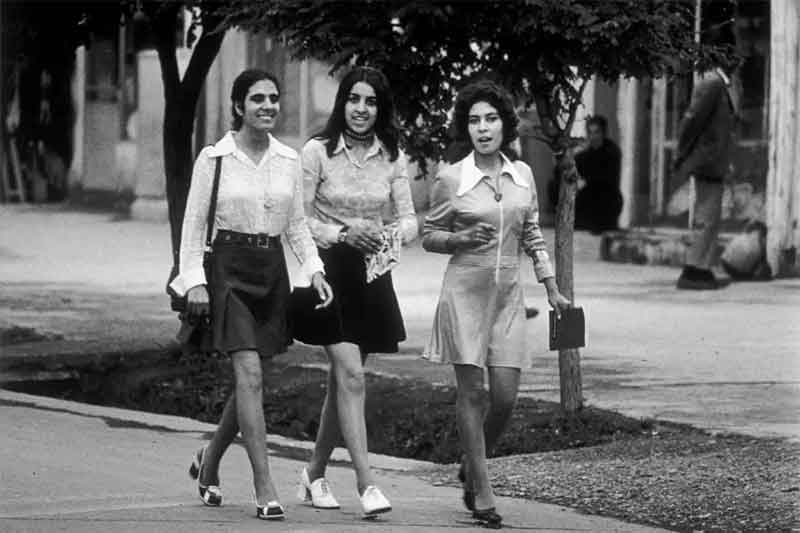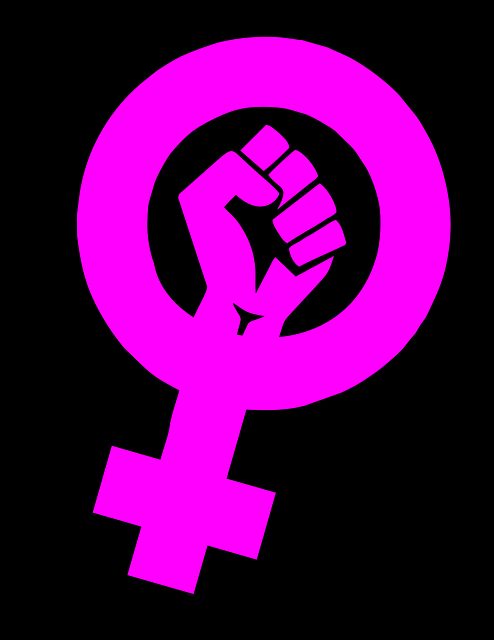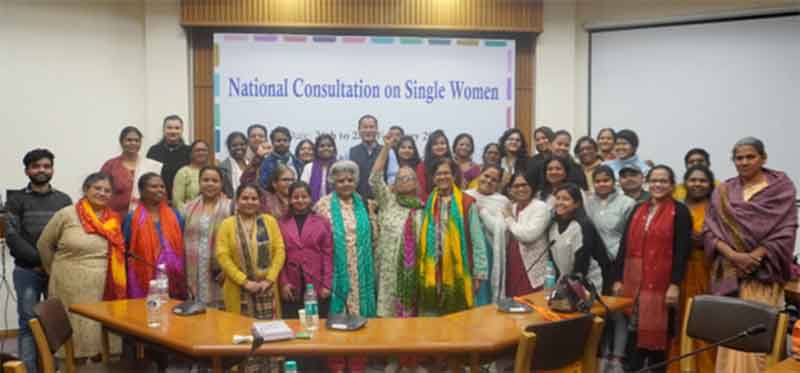
The other day, my newly appointed domestic help (Premdevi) was morose and after a lot of persuasion, I got to know the reason. She narrated that her husband who is very abusive, and jobless for the last four to five years, stay back at home, don’t look for a job or perform household chores and expects his wife to take care of the household job, look after their son and his ailing mother, earn money, reach home in time and be ready to get thrashed if all the duties are not performed well.
This was the story of an Indian woman, a domestic maid by profession, who lives in an urban slum in Delhi. Premdevi and many like her have the same story to narrate. Because of what they earn they don’t fall under the BPL category but the high cost of living in a city does not provide them and their family the basic necessities of life. Thus they cannot be said to be living in absolute poverty. Due to their miserable condition and low quality of life, they can be placed in relative poverty. The only positive part of Premdevi’s story is since she was blessed with a son, that too after a few abortions, and now she was forsaken from getting pregnant again and again. Had she borne a girl child her woes would have been added up. These stories are quite common in the low-income group strata of Indian society as per common perceptions.
Sunita, a Dentist by profession, has her own clinic. Her husband, who is also a dentist, has his own clinic.
Sunita has two girl children. But after prolonged persuasion by her husband and his family, she had to take the risk of getting pregnant for the third time that too after an abortion to give birth to a baby boy.
She looks after her girls, and their studies perform the household chores with help of domestic help and takes care of her newborn child. Above all being a doctor she looks after her clinic to earn and help the smooth running of the family economically.
Both stories with slight differences sound similar despite their income status. In both cases, the female has to perform almost 90% of the household work keeping the economic status score maintained. This is not just the story of Premdevi or Sunita, this is almost the story of every Indian working woman.
Being a traditional and patriarchal society, men are taught to be superior by both the male and female members of the family and society. They learn from a tender age that it is the men who earn money and are obliged to run the family. It is the woman who is the caregiver and looks after the household chores. Women in traditional Indian society are subjected to being dominated by their male counterparts. Whether she is educated or not, whether she is professionally well placed or not, she is always under the subjugation of her family members and in-laws. Even if the traditional society has undergone progressive changes, the learning from the past still persists predominantly. The scenario is the same for the rural women, rather it is worse.
The question that arises here is, in spite of the increasing burden on working women, what leads them to continue balancing between work and home? Certain things can be observed here. Firstly, women have been taught to be fatalists i.e. being the weaker gender they are entitled to and destined to subjugate. The sooner they realize, it’s better for them. And so they pacify themself with whatever little freedom they achieve. The second analysis is the adoption of the Structural Adjustment Program, i.e. NEP, 1991 reforms. These reforms have created room and have developed opportunities for the aspiring middle-income group who are attracted to liberty and sovereignty of choices. Education, skill, and financial support have been expanded to include women in economic contributions through these reforms and the emergence of private sectors. Since in traditional society women have to seek permission for all that she desires, the expansion of the market economy creates enough freedom to make their choices work. The market economy has raised their morale and confidence to contribute economically. After so many years of confinement to domestic chores and lack of enjoying the scope of earning, moving out from home and enjoying the options of the market inspires them to bear and balance the household chores. They go ahead to endure mental and physical pressure to live up to their choices which were so far curbed in traditional societies.
There are many Premdevis and Sunita’s around us who toil day and night to establish themselves economically and socially facing enormous challenges.
With the support of the education system and public policy which is working towards the upliftment of women’s wellbeing, women are still positioned much below in most of the social indicators. NEP, 1991 reforms had opened up ample scope for women to venture out in different fields and place themselves as economically successful. It has also led to urbanization due to which women migrants from rural areas are entering the labour pool of the unorganized sector. Despite so much hue and cry for women’s empowerment, and opening up scopes for women’s employment, still, female labour participation In India is in a dismal state.
It’s high time we should start unlearning the learnings of the past. If women are educated and are participating to generate income, men should be encouraged to participate in domestic chores. Equality should not remain lip service. Indian women have a long way to go, men need to pave the way.
Dr Trishna Sarkar, Asst Prof (Dept of Economics), Dr BR Ambedkar College, University of Delhi













































